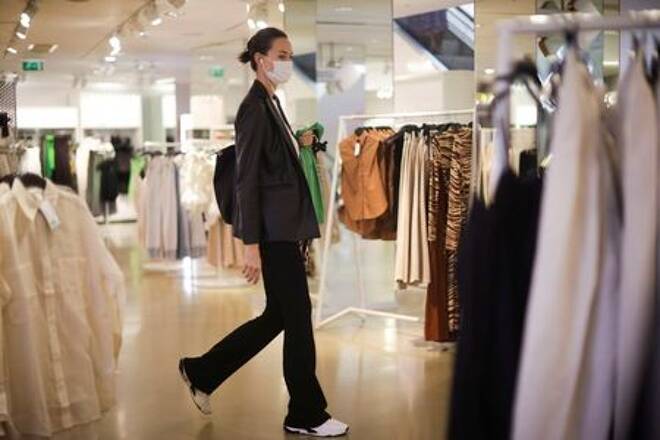Advertisement
Advertisement
UK Inflation Slows More Sharply Than Expected to 2.0% In July
By:
LONDON (Reuters) - British inflation fell back to the Bank of England's 2% target last month in an unexpectedly sharp drop, official data showed on Wednesday, with the clothing and recreation and culture sectors dragging the rate of price growth lower.
In this article:
Economists polled by Reuters had expected the data to show consumer prices rose at an annual rate of 2.3% in July following a 2.5% rise in June.
Sterling showed little reaction to the figures as investors judged the data was likely to represent a blip in a generally rising trend for inflation.
Earlier this month the BoE said it expected inflation to jump to 4.0% around the end of the year, which would be a decade high. But the BoE said it still thought the jump in inflation would prove to be temporary.
The ONS data showed signs of continued inflation pressure in prices paid and charged by factories.
Output costs rose more quickly than in June and by more than the economists polled by Reuters had expected, increasing by 4.9% compared with July last year. Input costs also rose by more than expected, jumping by almost 10%.
For a look at all of today’s economic events, check out our economic calendar.
(Reporting by Andy Bruce; Editing by William Schomberg)
About the Author
Reuterscontributor
Reuters, the news and media division of Thomson Reuters, is the world’s largest international multimedia news provider reaching more than one billion people every day. Reuters provides trusted business, financial, national, and international news to professionals via Thomson Reuters desktops, the world's media organizations, and directly to consumers at Reuters.com and via Reuters TV. Learn more about Thomson Reuters products:
Latest news and analysis
Advertisement
